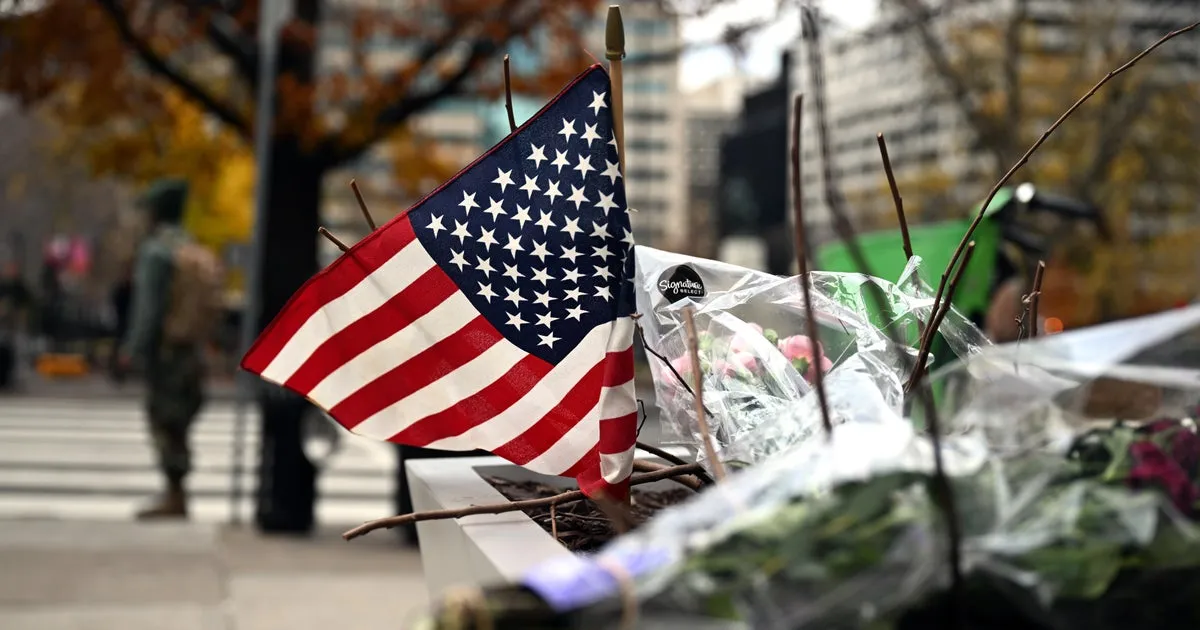
The ongoing investigation into the tragic shooting incident involving the D.C. National Guard has captured significant media attention and public interest. As events unfold, authorities are working diligently to piece together the circumstances surrounding the incident that led to a National Guard member's death and several others being wounded.
In a significant development, the suspect in the D.C. National Guard shooting is now facing murder charges. This escalation in legal proceedings highlights the gravity of the situation and the impact it has had on the community. The suspect, whose background is under scrutiny, reportedly has a complicated history that includes conflict experiences during his service in Afghanistan.
The incident occurred in Washington, D.C., where members of the National Guard were involved in a routine operation. Eyewitness accounts suggest a sudden outbreak of violence, resulting in one National Guard member losing their life and others sustaining injuries. This has raised serious concerns about the safety and mental health of service members returning from combat zones.
The background of the shooting suspect reveals a long path of conflict that stretches from Afghanistan to America. Experts in military psychology emphasize the importance of addressing the mental health needs of veterans and current service members. The transition from combat to civilian life can be challenging, leading to potential issues that may manifest in violent behavior.
In light of this tragic event, local communities and organizations are rallying to support the families of the victims. Resources are being mobilized to provide counseling and assistance to those affected by the shooting. The incident has prompted discussions about the need for enhanced support systems for National Guard members and veterans, emphasizing the importance of mental health awareness.
Political figures have also weighed in on the incident, with former President Trump announcing plans to freeze 'Third World' migration as part of a broader discussion on national security. The implications of this shooting extend beyond the immediate tragedy, affecting policies related to immigration and the treatment of veterans.
The D.C. National Guard shooting has raised critical questions about the safety of service members and the support they receive after returning from combat. As investigations continue and the community mourns, it is essential to address the underlying issues that contribute to such violence. Ongoing dialogue and support initiatives will be key in preventing future incidents and ensuring the well-being of those who serve our nation.